Thyroid diseases refer to a group of medical conditions that affect the thyroid gland.
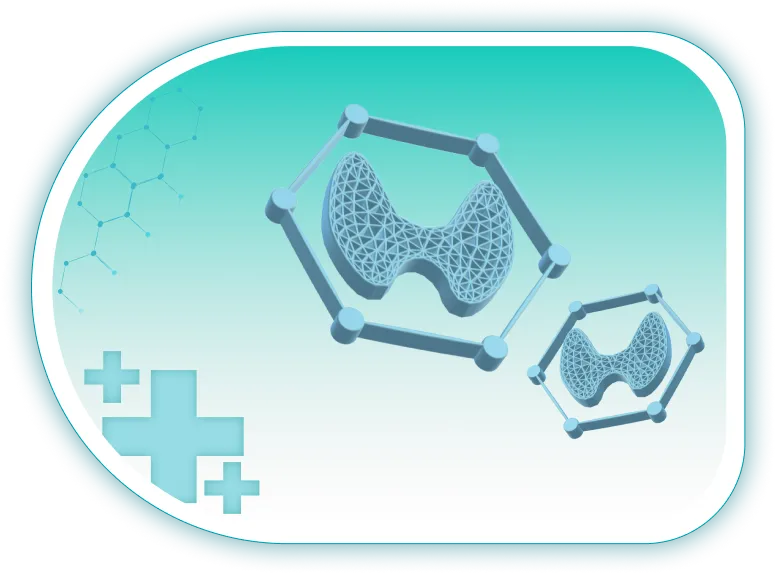
Welcome to the comprehensive guide on Thyroid Diseases! If you or a loved one is facing issues related to the thyroid gland, you’ve come to the right place. German Medical Center will provide you with valuable insights into thyroid disorders, their symptoms, causes, diagnosis, and treatment options.
The thyroid gland, located in the front of your neck, plays a crucial role in regulating various bodily functions, including metabolism, energy production, and hormone balance. When this small, butterfly-shaped gland malfunctions, it can lead to a range of thyroid diseases, affecting millions of people worldwide.
At German Medical Center, we understand the importance of knowledge and awareness when it comes to thyroid disorders. Our mission is to empower you with accurate and up-to-date information, enabling you to make informed decisions about your health.
If you suspect you may be experiencing symptoms of thyroid dysfunction or have been diagnosed with a thyroid condition, take the first step towards better health. Schedule a consultation with our team of experienced thyroid specialists at German Medical Center today. Our dedicated experts are committed to providing personalized and advanced care to help you effectively manage thyroid diseases and improve your overall well-being.
Remember, early detection and proper management can significantly impact your quality of life. Don’t let thyroid disorders hold you back – take control of your health journey with German Medical Center by your side.
Our team of experts are passionate about providing only the best quality care and treatment to their patients.
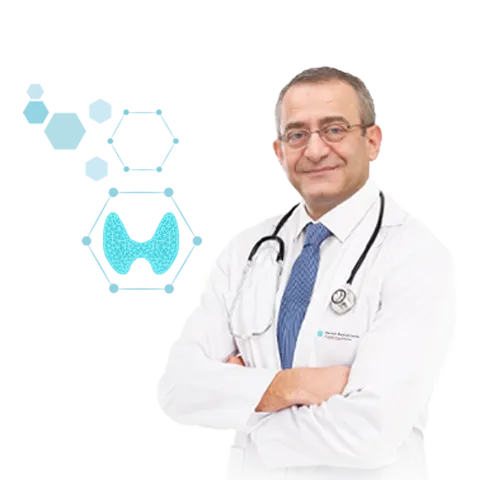
Endocrinology Treatment
Gestational Diabetes is a form of diabetes that occurs during pregnancy and affects how the body processes glucose (sugar)....
Early diabetes treatment is key to preventing complications and managing the condition effectively....
Pituitary and growth disorders are medical conditions that affect the function of the pituitary gland and the process of growth in the human body...
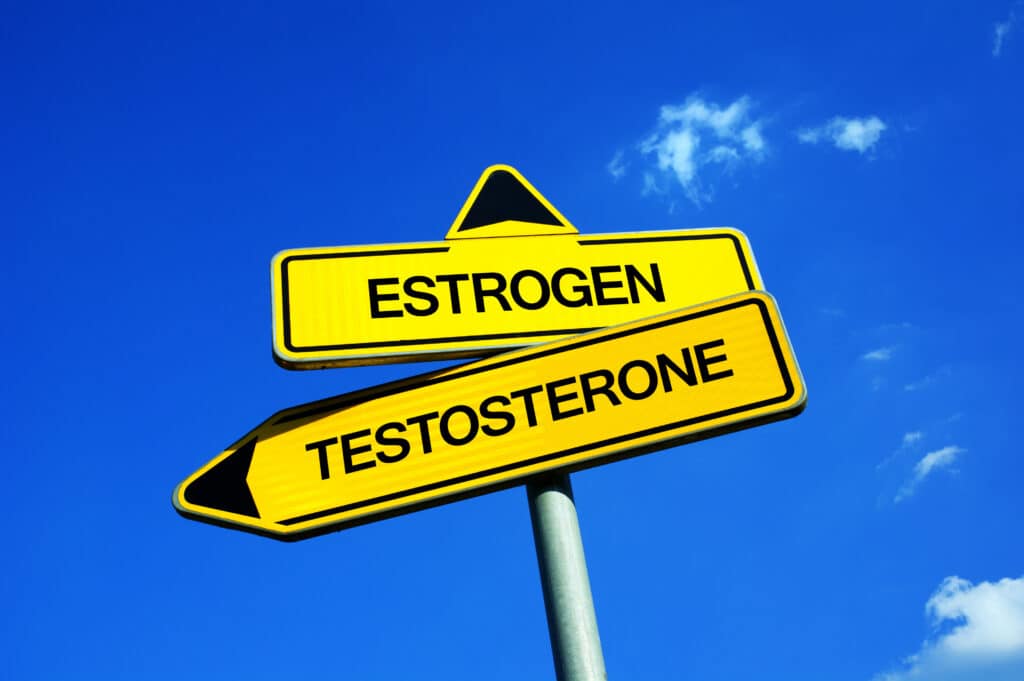

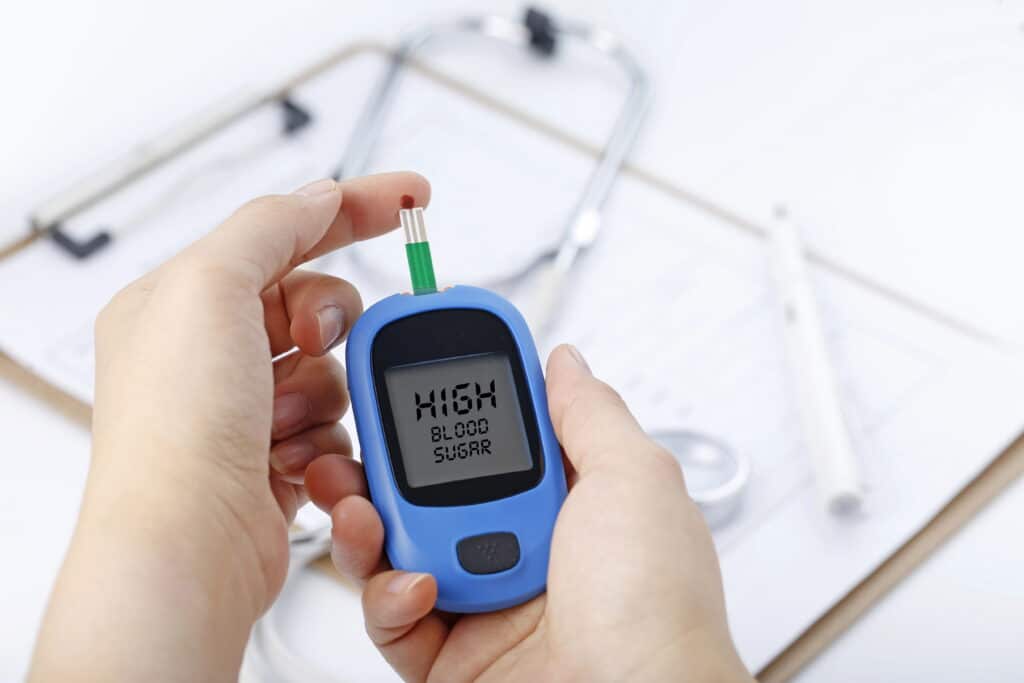

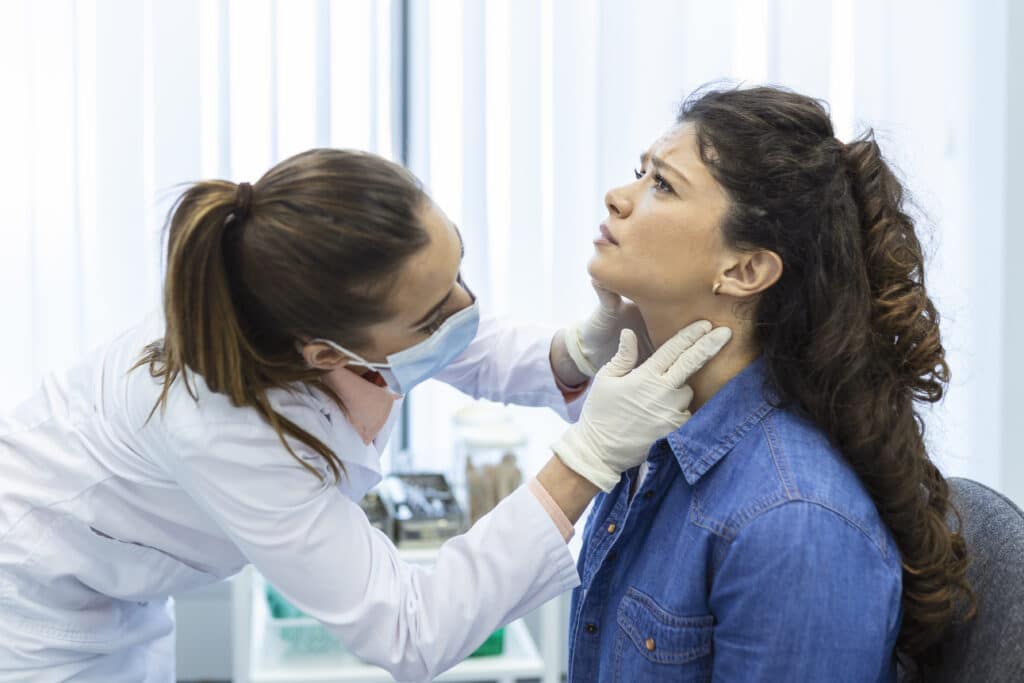
Our customers are at the heart of everything we do, and we are committed to providing them with one of the best possible care and service and that's why platforms like UpTopics publish us in top.

Based on 206 Google Reviews

Partner with:
Partner with:


German Medical Center is one of the leading medical institution in Dubai formed by a group of specialists who are passionate about providing the personalized care tailored to the patient's unique needs.
Fill out our easy online form to book an appointment with German Medical Center. Our team of experts is dedicated to providing you with personalized care and guidance every step of the way. Don't wait, take charge of your well-being and schedule your appointment now!